By: Clifford Johnson, University of Southern California – Dornsife College of Letters, Arts and Sciences
How often do you, outside the requirements of an assignment, ponder things like the workings of a distant star, the innards of your phone camera, or the number and layout of petals on a flower? Maybe a little bit, maybe never. Too often, people regard science as sitting outside the general culture: A specialized, difficult topic carried out by somewhat strange people with arcane talents. It’s somehow not for them.
But really science is part of the wonderful tapestry of human culture, intertwined with things like art, music, theater, film and even religion. These elements of our culture help us understand and celebrate our place in the universe, navigate it and be in dialogue with it and each other. Everyone should be able to engage freely in whichever parts of the general culture they choose, from going to a show or humming a tune to talking about a new movie over dinner.
Science, though, gets portrayed as opposite to art, intuition and mystery, as though knowing in detail how that flower works somehow undermines its beauty. As a practicing physicist, I disagree. Science can enhance our appreciation of the world around us. It should be part of our general culture, accessible to all. Those “special talents” required in order to engage with and even contribute to science are present in all of us.
So how do we bring about a change? I think using the tools of the general culture to integrate science with everything else in our lives can be a big part of the solution.
(more…)
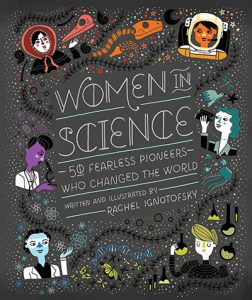


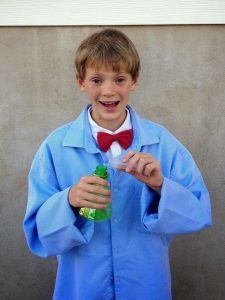
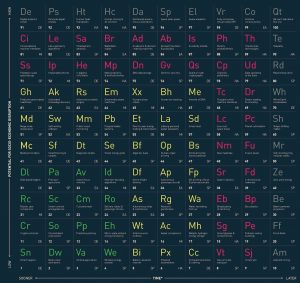
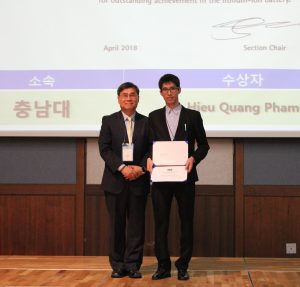
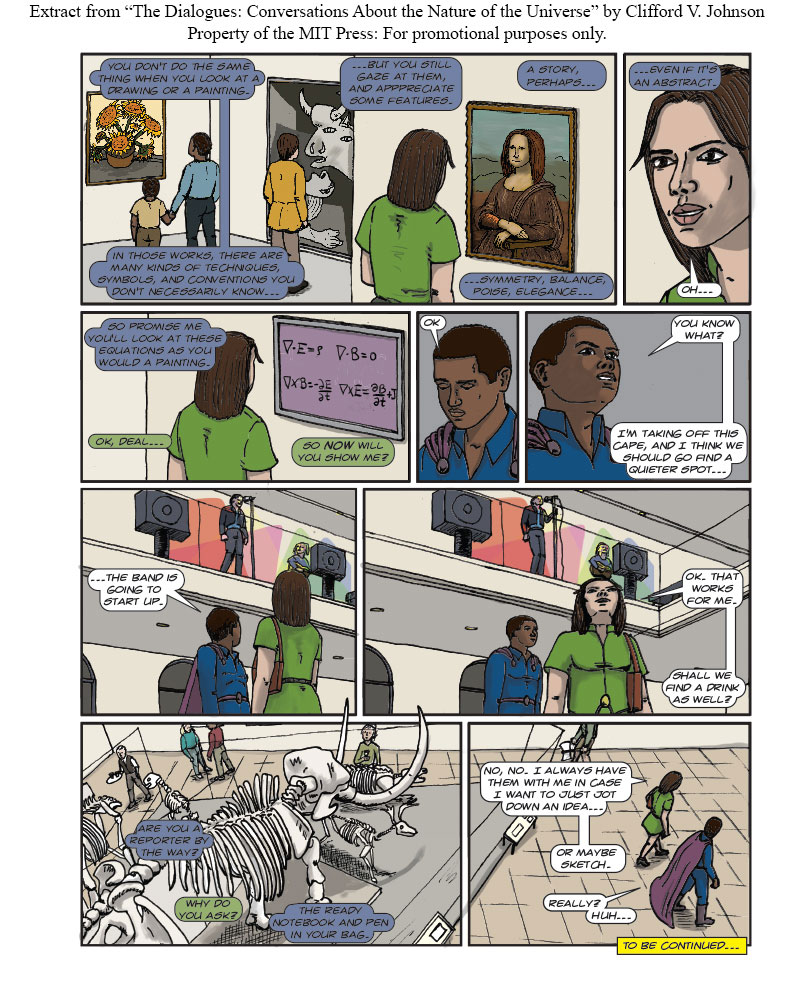
 Scientists these days face a conundrum. As Americans are buffeted by accounts of
Scientists these days face a conundrum. As Americans are buffeted by accounts of 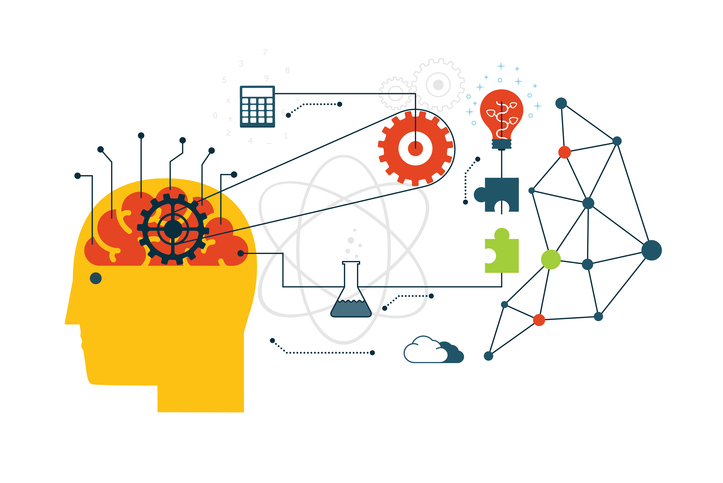 A new initiative that goes by the name,
A new initiative that goes by the name, 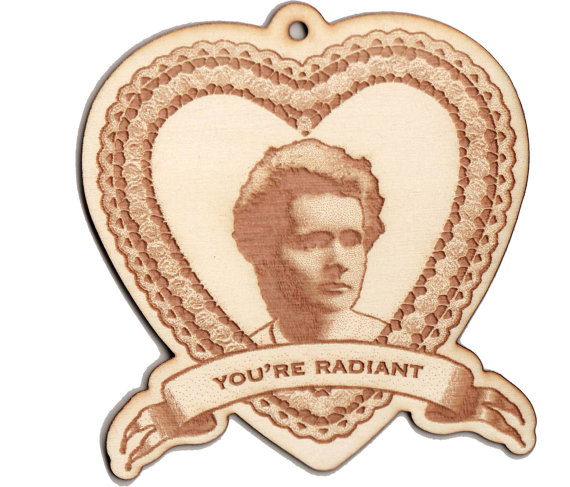
 Molecube
Molecube Free the Science
Free the Science Earlier this fall, the nonpartisan nonprofit
Earlier this fall, the nonpartisan nonprofit 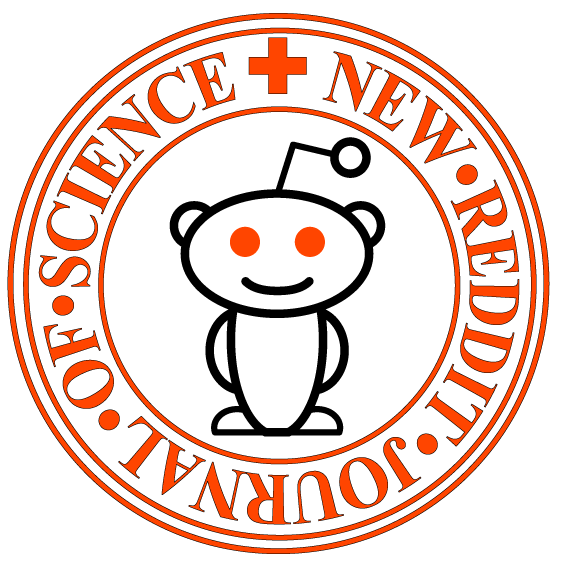 ECS Technical Editor Dr. Gerald Frankel, accompanied by ECS’s Executive Director Roque Calvo, hosted our first ever “
ECS Technical Editor Dr. Gerald Frankel, accompanied by ECS’s Executive Director Roque Calvo, hosted our first ever “